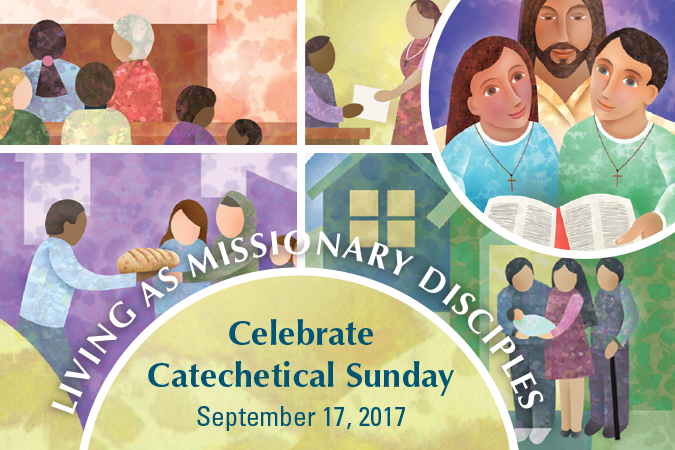
This is the fourth and final article in a series highlighting key statements from Encountering Christ in Harmony, A Pastoral Response to Our Asian and Pacific Island Brothers and Sisters (ECH:API), approved by the United States Conference of Catholic Bishops in 2018.
The Asian and Pacific Island population in the United States is the fastest-growing minority population, according to research referenced in Encountering Christ in Harmony. Yet this population “tends to go unrecognized in the wider U.S. society, and there remains a need to bring more attention and support to the Asian and Pacific Island communities,” the bishops say in the pastoral response.
As we reflect upon our catechetical year and plan for the future, it’s an appropriate time to consider ways in which our dioceses and parishes reach out to and promote intercultural dialogue among Asian and Pacific-Islanders and seek opportunities for growth. For most, we move forward one small step at a time, realizing that, as a family in Christ, transitions can take time and are often stressful. Agreeing on how best to proceed can be riddled with tension; we can be tempted to remain or return to our comfort zones.
Pope Francis has repeatedly urged the faithful not to remain closed-in on ourselves but to go out and meet people who should be with us and who are not. A true encounter with the risen Jesus can transform lives. Opportunities to encounter Christ exist in every situation, even challenging ones. Not only do we attempt to walk with people, we want to engage and accompany one another. Our dialogue serves to draw us ever-closer to Christ and deepens our understanding of and love for Christ and his Church. Today’s world requires this bold discipleship—for our own sake and for future generations.
Encounter and dialogue with Asian and Pacific-Islanders are important and must be viewed as a dynamic process that requires intentionality, patience, cultural sensibility, and prayer. In the document Building Intercultural Competence for Ministers, the USCCB Committee on Cultural Diversity in the Church spells out the basic principles for how to achieve ecclesial integration:
- articulate a vision of ministry that promotes ecclesial integration and inclusion;
- foster the inculturation of the Gospel in all cultures;
- plan with people, not for people;
- broaden one’s understanding of ministry groups, programs, and structures; and
- empower people from different cultures and ethnicities for leadership positions.
Parishes, schools, and other Catholic institutions in a diocese may benefit from promoting intercultural competence training. Members of Asian and Pacific Island communities should also be encouraged to deepen their understanding of their own traditions, as well as those of others, and look for creative ways of proclaiming the Gospel message.
By following these recommendations, our bishops hope that everyone will continue to learn from our Asian and Pacific Island brothers and sisters, celebrate their gifts, and contribute to their ongoing formation.





Be the first to comment